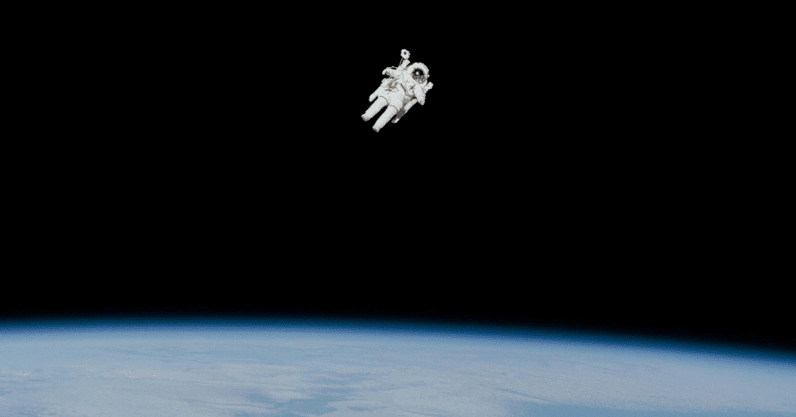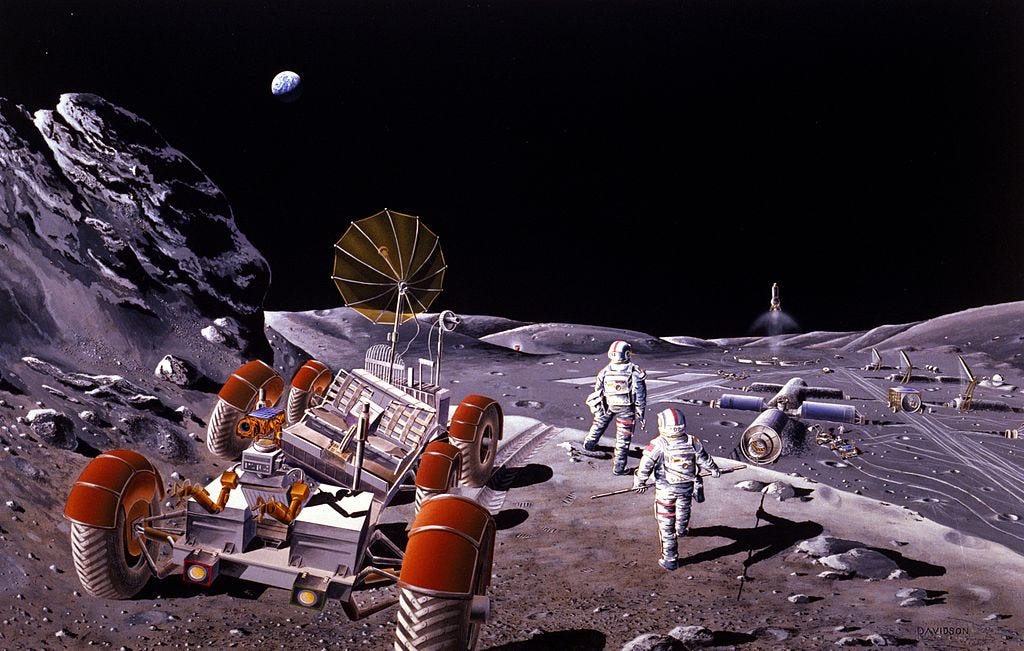I evolve best under pressure
How will this affect human evolution in a completely unknown environment? What would happen when humans decide to leave the Earth and explore different planets?
Considering that the environment will be totally different from what we´re used to, it’s expected that we will evolve different traits that make us more adapted to that new life.
The time scale for evolutionary or genetic change is very long. A characteristic period for the emergence of one advanced species from another is perhaps a hundred thousand years… But today we do not have ten million years to wait for the next advance. We live in a time when our world is changing at an unprecedented rate. While the changes are largely of our own making, they cannot be ignored. We must adjust and adapt and control, or we perish. ― Carl Sagan, Dragons of Eden: Speculations on the Evolution of Human Intelligence
Scott Solomon, an evolutionary biologist believes that a big change in our environment could make us evolve very quickly. No change is more dramatic than moving to another planet, right?
First, we will have to adapt or develop solutions to well-known problems humans face during space travel. After a few months in space, astronauts suffer physiological changes due to radiation and the effects of microgravity.
One example of this is bone density loss — without the stress gravity places on our bones, they lose density. Perhaps, future humans might evolve thicker bones to overcome this challenge. The NASA video below shows a look at how space travel affects the human immune system.
During space travel, astronauts experience changes in their circulatory system, as well as their eyes, brain, microbiome, and even in the expression of some genes and in our telomeres (the protective cap of our genetic material). This can give us an idea of which systems would shape the evolution of our species.
Another possibility for future human evolution might be adaptations to the lower oxygen levels usually seen at high altitudes. People who live in high altitudes develop more red blood cells, transporting oxygen more efficiently.
Isolation from terrestrial germs could result in Martian colonists losing the ability to fight off common diseases. Potentially, these colonists may be forced to keep themselves separated from new arrivals from Earth, speeding genetic changes.
“Our eyes are accustomed to a certain amount of light on Earth. If there has to be some adaptation to these new ambient conditions, then either our optical system and brain will have to develop new ways of collecting more light on the retina, or we will develop new retinas or bigger eyes,” explained Dr. Nathalie Cabrol, a planetary scientist at the SETI Institute.

